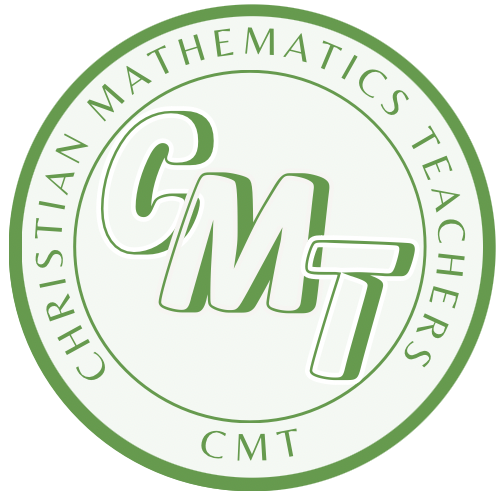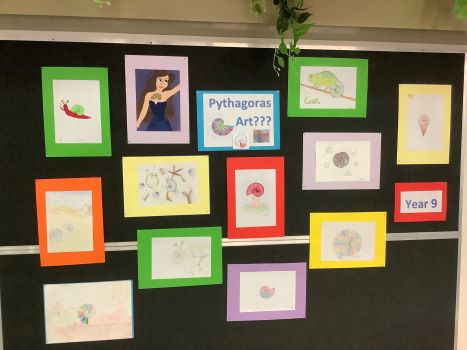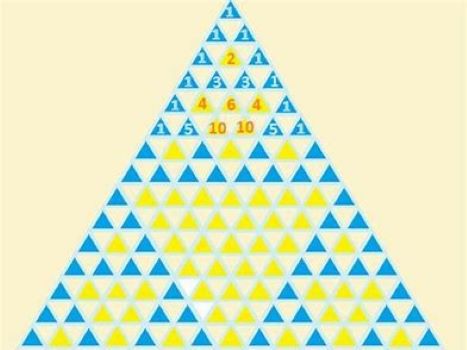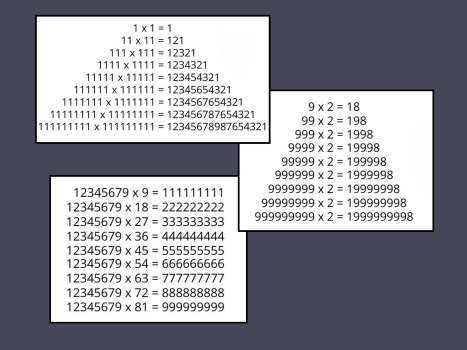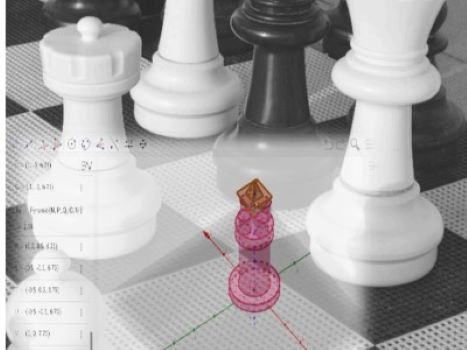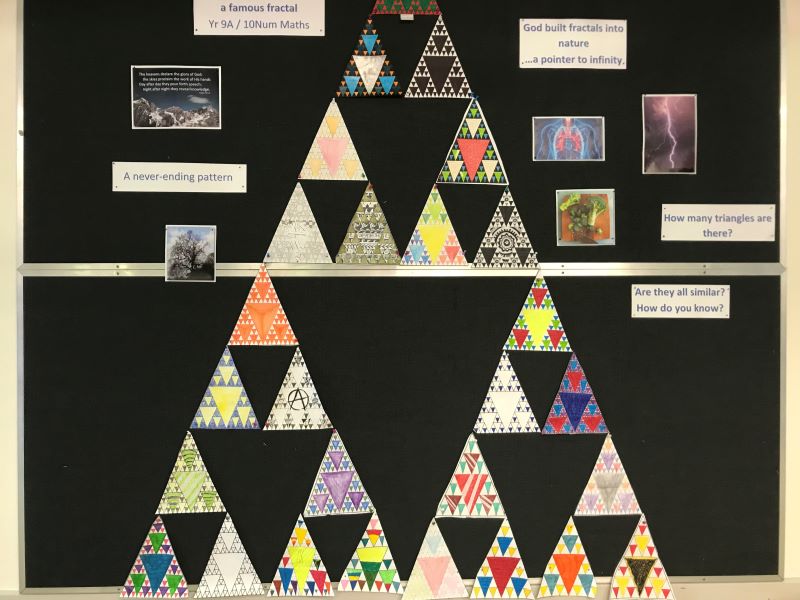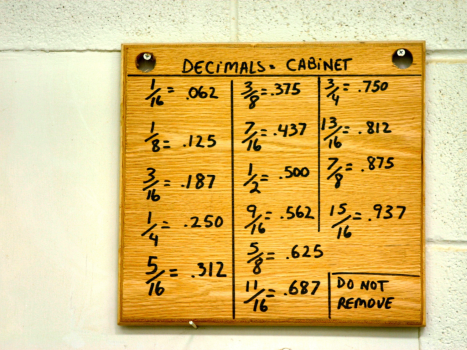We need to set a culture where students can find joy in making their own discoveries!
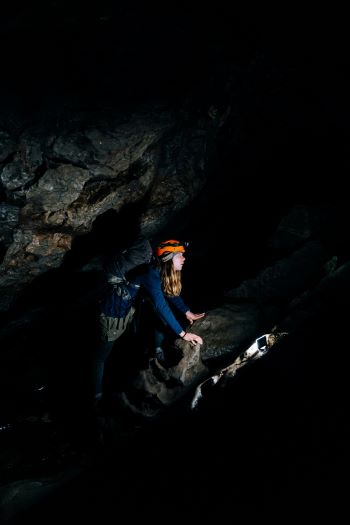
Students need a chance to explore mathematical ideas; otherwise, they will think that mathematics is just about following rules.
Students need to be actively engaged in projects so that they can see that mathematics is meaningful.
They need to experience the excitement and joy of discovering some of the procedures, properties, and connections on their own!
“Whatever students learn through their own exploration will be better learned than if they do it by rote memorisation.”
Jongsma, 2007, 35
The following activities and resources encourage students to explore problems and make their own discoveries:
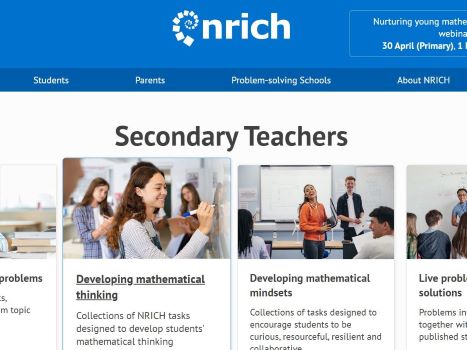
NRICH
A free website full of rich problem solving activities.
-
Assignment: Pythagoras art
Students investigate the life of Pythagoras and create beautiful artwork using his theorem.
-
Activities: Pascal’s Triangle – Beautiful Number Patterns!
Students explore the beautiful number patterns contained within Pascals Triangle.
-
Activities: Beautiful Number Patterns
Activities to help students see that, humans, made in God’s image, have created a number system that contains its own patterns and beauty.
-
Assignment: Measurement – Outdoor Chess Pieces
With the help of GeoGebra students design a chess piece and calculate the amount of materials needed if they were to make the piece suitable for ‘outdoor’ play. Students can print their scaled down model on a…
-
Assignment: Fractal triangles and beautiful work
Students explore fractals in God’s creation; and create their own beautiful work to enrich the lives of the community.
-
Assignment: Recurring and terminating decimal investigation
Students explore the beautiful patterns that emerge from the mathematical laws governing recurring and terminating decimals.
God instilled in us a sense of awe and wonder—a curiosity.
We like to explore, discover, and understand.
Students tinker away on a piano to find the perfect harmony; they experiment with colour to find the perfect combination for their artwork; they spend hours working out the best positions to kick a ball into a goal post; or they try out different words until they find just the right one for their poetry. They love to discover for themselves if the “paint is really wet” and like to wonder if there really is life on another planet.
We need to set a culture for students to be curious (inquisitive, inquiring, interested, questioning, probing) and courageous (bold, gutsy, spirited, daring, plucky, audacious) learners in mathematics.
“The whole point of studying mathematics is to develop new and deeper insights into the creation we live in, not to get the answer in the back of the book using a prescribed method”
Jongsma, 2007, 34
